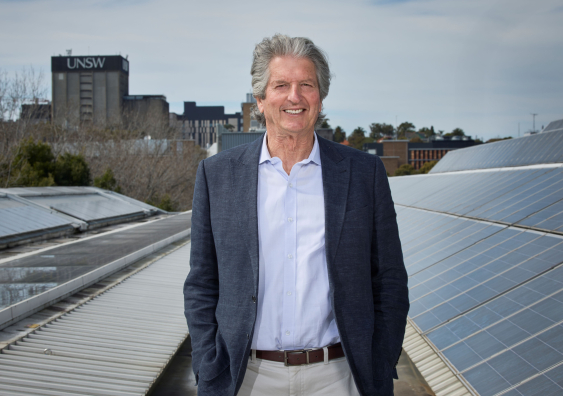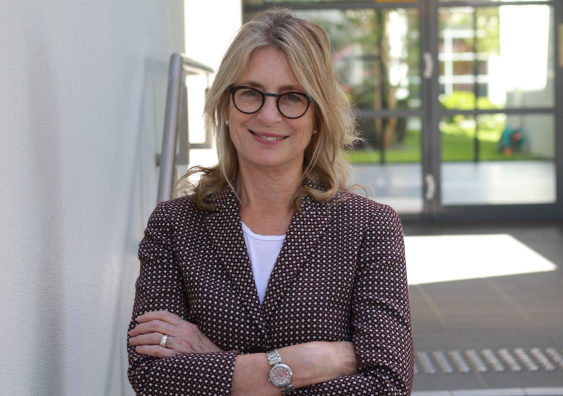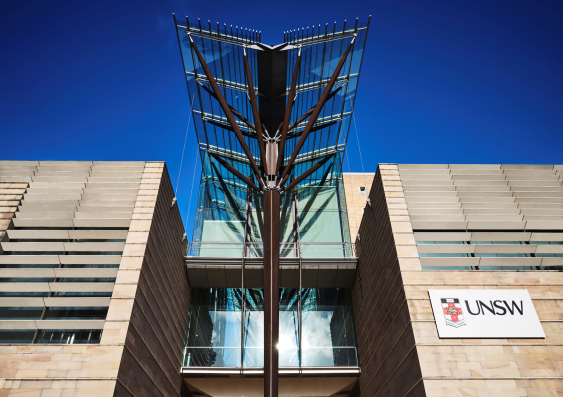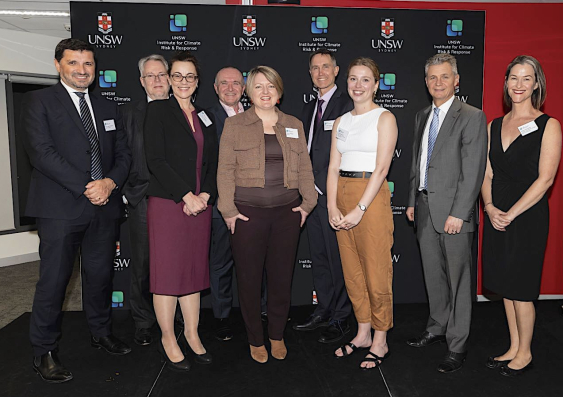UNSW climate data expert awarded prestigious Copernicus Medal
2024-02-20T07:58:00+11:00
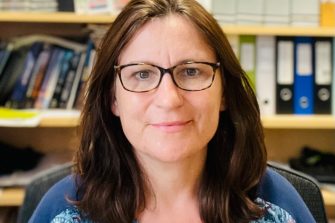
Prof. Alexander’s research aims to improve the world’s understanding of changes in extreme climate events.
Photo: Supplied.
Professor Lisa Alexander was recognised for her innovative work on climate change research, particularly her creation of high-quality datasets.
A leading climate scientist at UNSW Sydney has been awarded the 2024 Copernicus Medal, a prestigious international award for pioneering research.
UNSW Science Professor Lisa Alexander was recognised for her ground-breaking work on climate extremes, observations and model evaluation. She was acknowledged for her global influence via the World Climate Research Programme, International Association of Meteorology and Atmospheric Sciences, the World Meteorological Organization (WMO), and her ‘excellent’ leadership of the Climdex project – an index which helps scientists understand patterns in temperature and precipitation extremes.
Prof. Alexander said it was a great honour to receive the Copernicus Medal. “I look at other people who have been nominated for past awards and feel like I don't deserve it,” she said. “I really am humbled.”
Prof. Alexander’s research has been focused on developing practical datasets that can not only be used for advancing scientific knowledge, but which can also be used by others.
“For example, the global datasets I have helped to build have enabled us to say that temperature extremes have been warming significantly and that heavy rainfall has been intensifying in many regions and that these changes are due to human activities,” she said.
“We can also use these datasets to evaluate our state-of-the-art climate models, and this gives us some confidence in future projections from those models. Importantly though, a lot of effort has gone into developing free and user-friendly software so that more people can develop their own regional datasets, along with making much of the data available through an online portal.”
UNSW Dean of Science Professor Sven Rogge congratulated Prof. Alexander on receiving the award.
“Lisa’s research has been instrumental in our understanding of the variability and driving mechanisms of climate extremes. Her innovative models have been used to analyse climate events around the world and it is fitting she has been recognised for her influence in this field,” he said.
Prof. Alexander is based at UNSW’s Climate Change Research Centre. Her work on the production and assessment of global datasets of temperature and rainfall extremes with the WMO has been particularly significant.
She’s led regional capacity building and development workshops on behalf of WMO in several developing countries, including creating the Climpact software to calculate and analyse climate extremes and the Climdex portal to host the data. Climpact is widely used by national hydrological and meteorological services as well as other climate researchers around the world.
The Copernicus Medal is presented annually by an international and interdisciplinary panel. It recognises ingenious and innovative work in the geosciences, planetary and space sciences, and exceptional efforts in international collaboration in scientific research.



